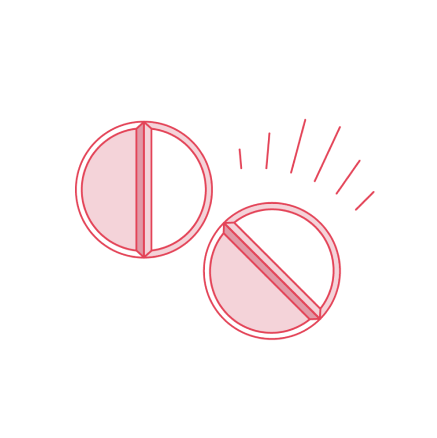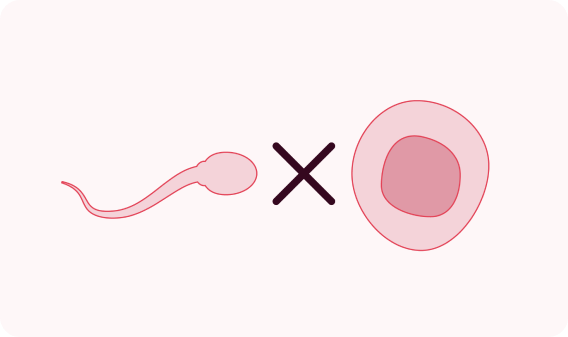If you had sex without protection and are worried about pregnancy, you can use emergency contraception. The most effective emergency contraception is the Copper IUD, but the Emergency Contraceptive Pill
(also known as the “morning after pill”, “ECP”, or “Plan B”) can also help in many cases.

There are two types of emergency contraception – Copper IUD and Emergency Contraceptive Pill. This page provides information on the Emergency Contraceptive Pill (ECP). For information on the Copper IUD, click here.
The ECP can be effective in many situations if you have recently had unprotected sex.
The ECP is approved to be taken up to 3 days (72 hours) after sex. Ask your healthcare professional which is the best option for you.
The ECP is taken after unprotected sex to prevent pregnancy. It can delay the release of an egg from your ovaries until the sperm are no longer active in your body any more.
It prevents the sperm from fertilising an egg by changing the way the sperm moves in your body. It doesn’t work once the egg has been fertilised. It doesn’t harm you or a developing embryo.

The ECP should not be taken as a regular contraception method. However it:
Can be up to 98% effective if taken within the agreed timeframes since you had unprotected sex.
Can be used up to 3 days after unprotected sex.
ECP can be prescribed by a pharmacist, doctor or approved nurse. It is available from most pharmacies in New Zealand from a pharmacist who will ask you relevant questions before dispensing ECP to you. There is most likely a charge for ECP from a health provider.
Most people can have the ECP. However, if you weigh over 70kg a Copper IUD might be the best option for you or you may need to double the dose of the ECP. Check with your local pharmacist, doctor or nurse to make sure you have the best option for you.
Healthcare professionals will ask you questions that will help them understand what is the best option for you to decide. It is important that you answer these questions as completely as possible:
Yes, it is not harmful if you use it more than once. However, it is not recommended as an on-going form of contraception.
The Copper IUD can be used as a form of emergency contraception – this can be effective up to 5 days after unprotected sex. It could then be left in your uterus (womb) and be used as ongoing contraception for up to 10 years. To find out more, click here.

Note: Wāhine/women+ includes consideration of whānau and social context and is intended to be inclusive of gender diverse people who share some of the health needs of women but do not identify as women. (RANZCOG, 2022)
The development of this website was supported with an educational grant from Bayer.
Copyright © Protected&Proud. All Rights Reserved.
A non-hormonal (Copper) IUD is a small, T-shaped plastic device which contains copper. It is put into the uterus (womb). A Copper IUD does not contain hormones. The copper IUD can also be used as an Emergency Contraception.
LASTS FROM 5 TO 10 YEARS | PLACED IN THE UTERUS | EFFECTIVE IMMEDIATELY | EMERGENCY CONTRACEPTION – UP TO 5 DAYS AFTER SEX
A Hormonal IUD is a small, T-shaped plastic device, which contains the hormone progestogen to control your fertility. The device is put into the uterus (womb).
HORMONES | LASTS FROM 3 TO 5 YEARS | PLACED IN THE UTERUS | EFFECTIVE IN 7 DAYS

Two small, flexible plastic rods that are placed just under the skin in the upper arm. The implant releases the hormone progestogen to control fertility.
HORMONES | LASTS UP TO 5 YEARS | PLACED IN THE ARM | EFFECTIVE IN 7 DAYS